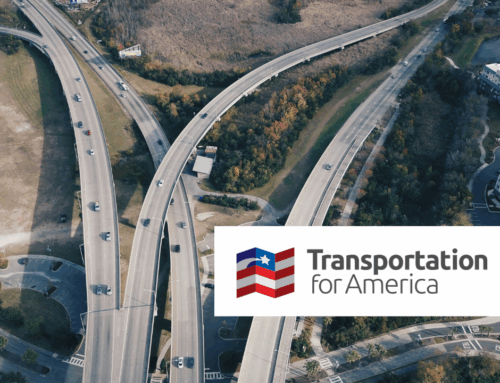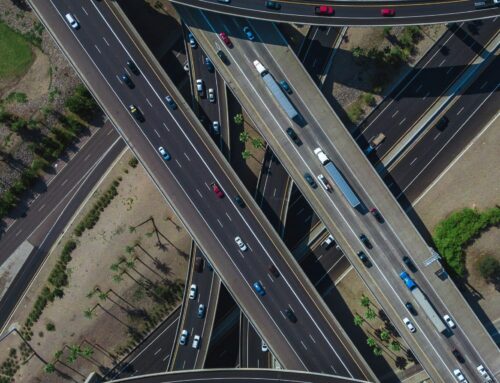Down in Louisiana, federal taxpayers pay $13 million a year to maintain a waterway that is only used by three barges per day. Even worse, the waterway helps cause erosion problems that will cost $60 – $180 million to fix, and washes away the same kind of wetlands that taxpayers spend $40 million a year to restore.
The waterway, called the Mississippi River Gulf Outlet (MR-GO, pronounced Mr. Go), was created in 1968 as an alternative to the Mississippi River for barges traveling from the Gulf of Mexico to the ports of New Orleans and Baton Rouge. However, the outlet has never drawn expected traffic levels and is currently used by only three barges per day – even as it causes millions of dollars in erosion problems.
When MR-GO was built, the channel was 650 feet wide at the surface, but banks have eroded so that the average width is now 1,500 feet. The Corps has estimated that it will cost $1 – $3 million per mile – for over 60 miles – to address the erosion problems.
In addition, water from MR-GO washes away 55 acres of wetlands in Louisiana every year. Ironically, the federal government spends $40 million annually restoring wetlands in the state.
Not surprisingly, MR-GO has not brought promised economic development to poverty-stricken St. Bernard Parish, Louisiana.
According to the Corps, MR-GO traffic can be diverted back to the Mississippi with relatively small increases in shipping costs. It is no wonder that the libertarian Competitive Enterprise Institute called MR-GO, “not to be outdone in waste and uselessness.”
For more information, contact Steve Ellis (202) 546-8500 x 126 or steve AT taxpayer.net
Line Item Veto Failure
On November 8, the House voted overwhelmingly to override Clinton's veto last month trimming 38 military construction projects worth $287 million from a $9.2 billion spending bill. With the Senate’s vote last month, both chambers have now voted to restore funding by veto-proof margins.










